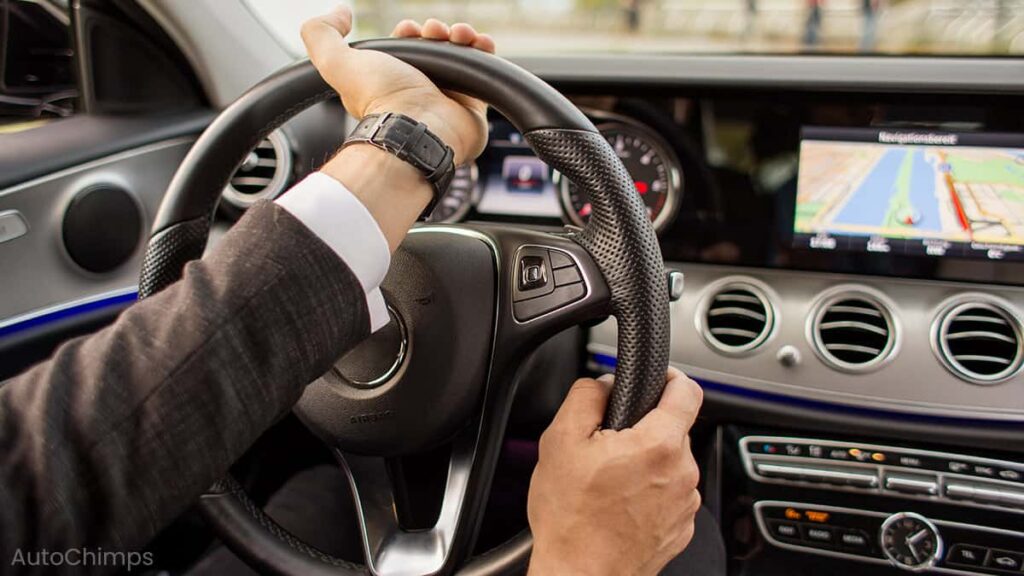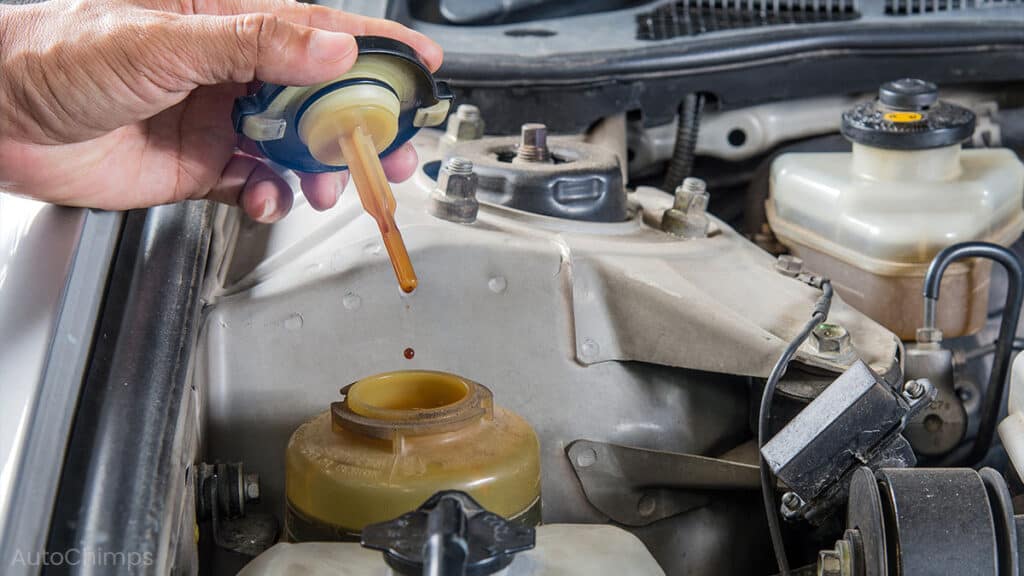
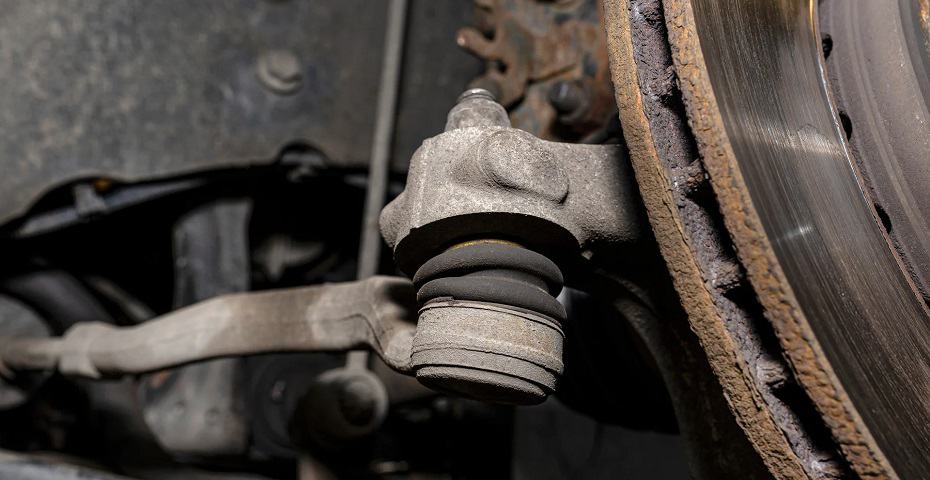
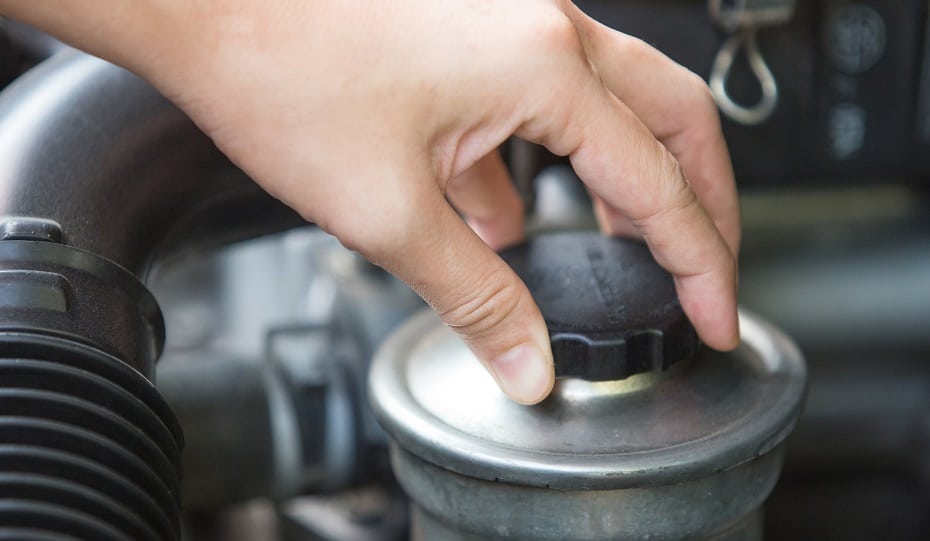
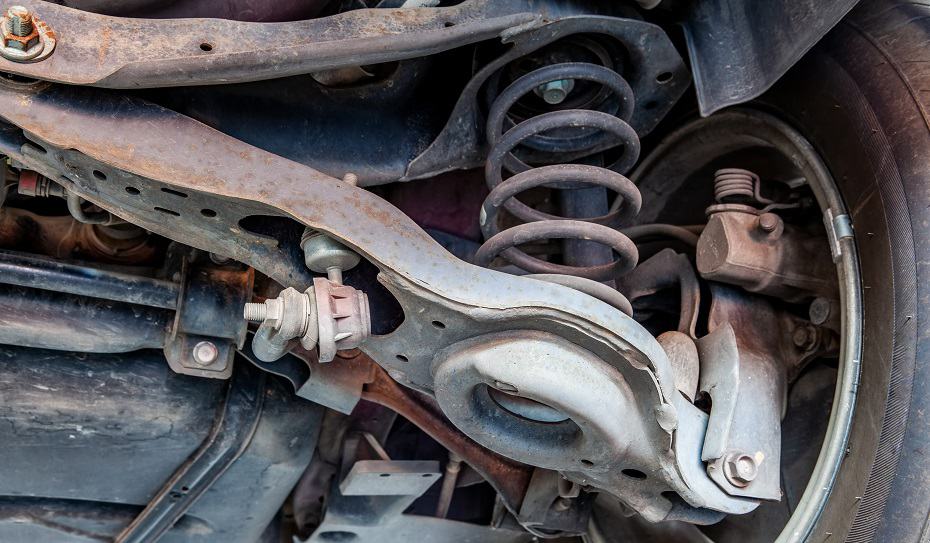
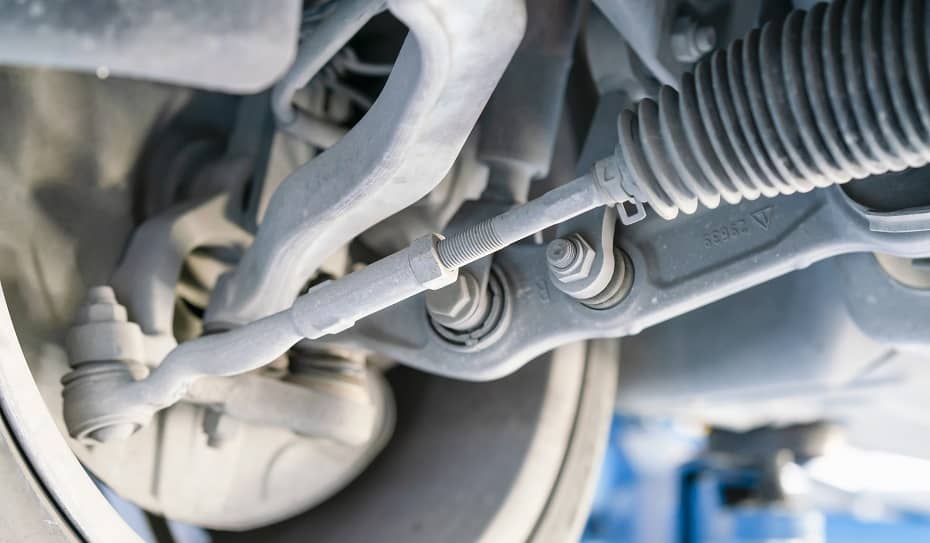
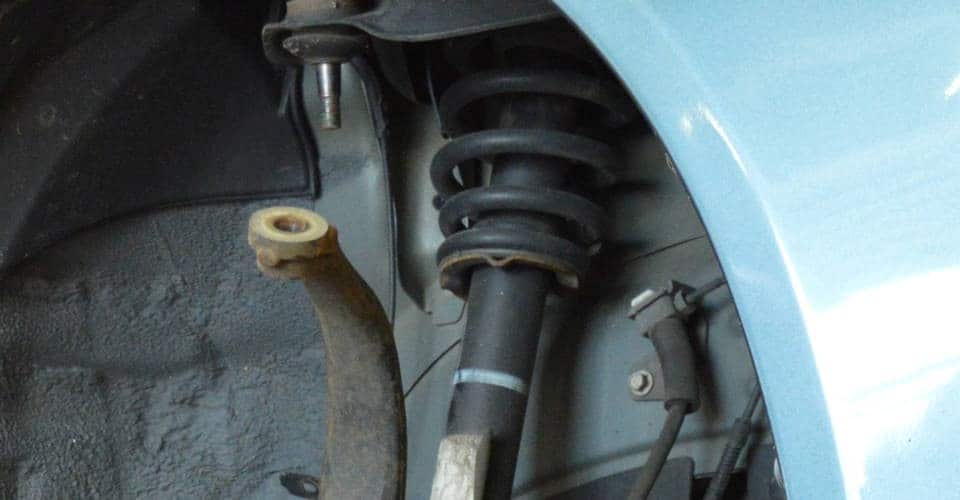
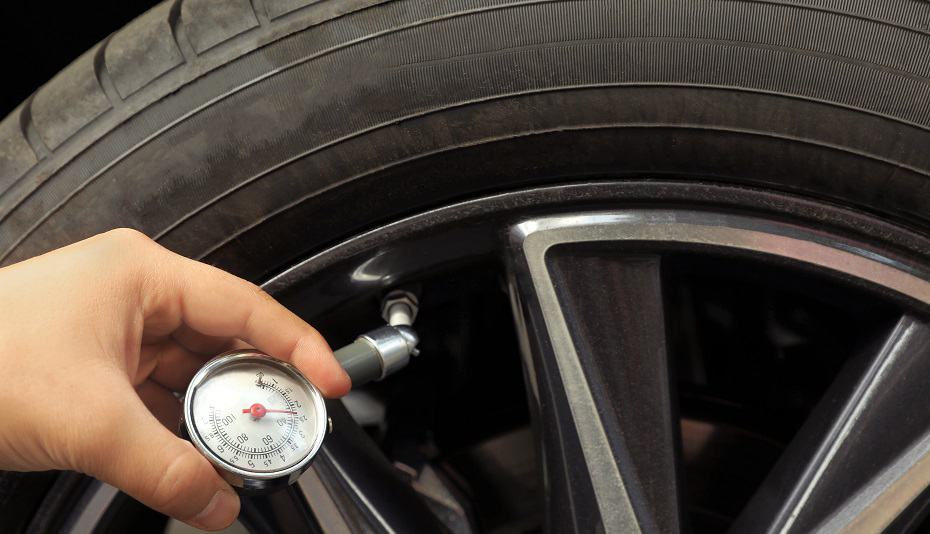

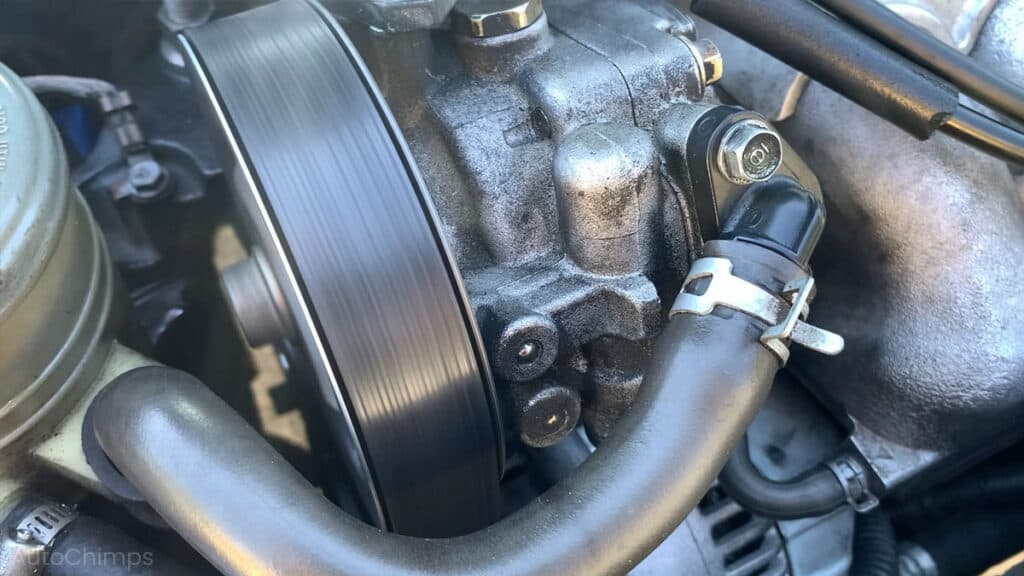
Why Is the Steering Wheel Making Noise When Turning?
Clunking, rattling, squeaking, clattering… these sounds shouldn’t be part of the steering experience. If the steering wheel is making noise when turning, it’s time to pay attention. Generally, the only sound that should be heard is a soft hum from the power steering pump at low speeds. Anything else? That’s a red flag.
What’s Causing That Noise?
If the steering wheel is squeaking or making other strange noises, the power steering system might be the culprit. Low hydraulic fluid or a faulty pump can lead to whining sounds. Knocking or pounding noises? That suggests worn suspension parts like dried-out ball joints or bad bushings. Let’s dive into the top 10 reasons behind a noisy steering wheel.
Common Reasons for Steering Wheel Noise When Turning
1. Power Steering Fluid Leak

The power steering system makes turning the wheel a breeze, especially at low speeds. It relies on hydraulic fluid to keep everything running smoothly. If the fluid is low, there’s likely a leak somewhere—often from seals or gaskets that have dried out. Without enough fluid, the pump will start whining when the wheel is turned.
2. Worn Tie Rod Ends

Tie rods connect the steering rack to the wheels, allowing them to turn when the steering wheel is moved. Over time, these can wear out. If they do, expect some shaking or vibrating in the wheel while driving, along with clunking noises when turning.
3. Clogged Power Steering Fluid Reservoir

The power steering fluid reservoir holds the hydraulic fluid that keeps the system running. If the filter gets clogged, it can restrict fluid flow, making the steering feel heavy and possibly leading to whining noises when turning.
4. Bad Suspension Bushings

Suspension bushings are rubber or polyurethane cushions that help absorb bumps and reduce noise. Over time, they can dry out and crack, leading to creaking or moaning sounds when turning, along with vibrations in the steering wheel.
5. Faulty Power Steering Rack

The steering rack connects the steering column to the wheels. While they’re generally reliable, dirty fluid or a bad pump can cause issues. If the vehicle feels like it’s wandering or you hear clunking noises when turning, the steering rack might be the problem.
6. Dried Out Ball Joints
Ball joints act as pivot points between the control arm and steering knuckle. They need lubrication to work well, but dirt and age can mess that up. Signs of trouble include loose steering and rattling noises when turning.
7. Worn Out Shocks and Struts

Shocks and struts keep the ride smooth and tires on the road. If they’re worn out, the car might sag or tip, leading to clunking noises when turning. Regular checks can help catch this early.
8. Low Tire Pressure

Sometimes, the noise isn’t about the steering system at all. Low tire pressure can cause tires to flex too much when turning, leading to squealing sounds. Keeping tires properly inflated is key for safety and performance.
9. Bad Power Steering Belt
The serpentine belt powers the steering pump and other components. If it’s frayed or worn, it might slip, causing loud screeching noises when turning. A broken belt? That’s a whole different ball game, as it can cut power to the steering system.
10. Faulty Power Steering Pump

The power steering pump is crucial for smooth steering. If it’s failing, expect whining noises and difficulty controlling the vehicle. It’s best to avoid driving if this pump goes bad, as it can lead to further damage and dangerous situations.
What to Do If the Steering Wheel Is Noisy

If the steering wheel is making a racket, start by checking the power steering fluid level and filter. Also, inspect the serpentine belt for any visible damage. Many of these issues can be tackled right in the parking lot of an auto parts store.
If the noise persists, it might be time to dig deeper. Clunking or grinding sounds often point to bigger issues within the suspension or steering system. Ignoring these noises isn’t wise, as they can lead to unsafe driving conditions.
While some parts can be checked for damage at home, getting a pro to handle replacements is usually the way to go.

